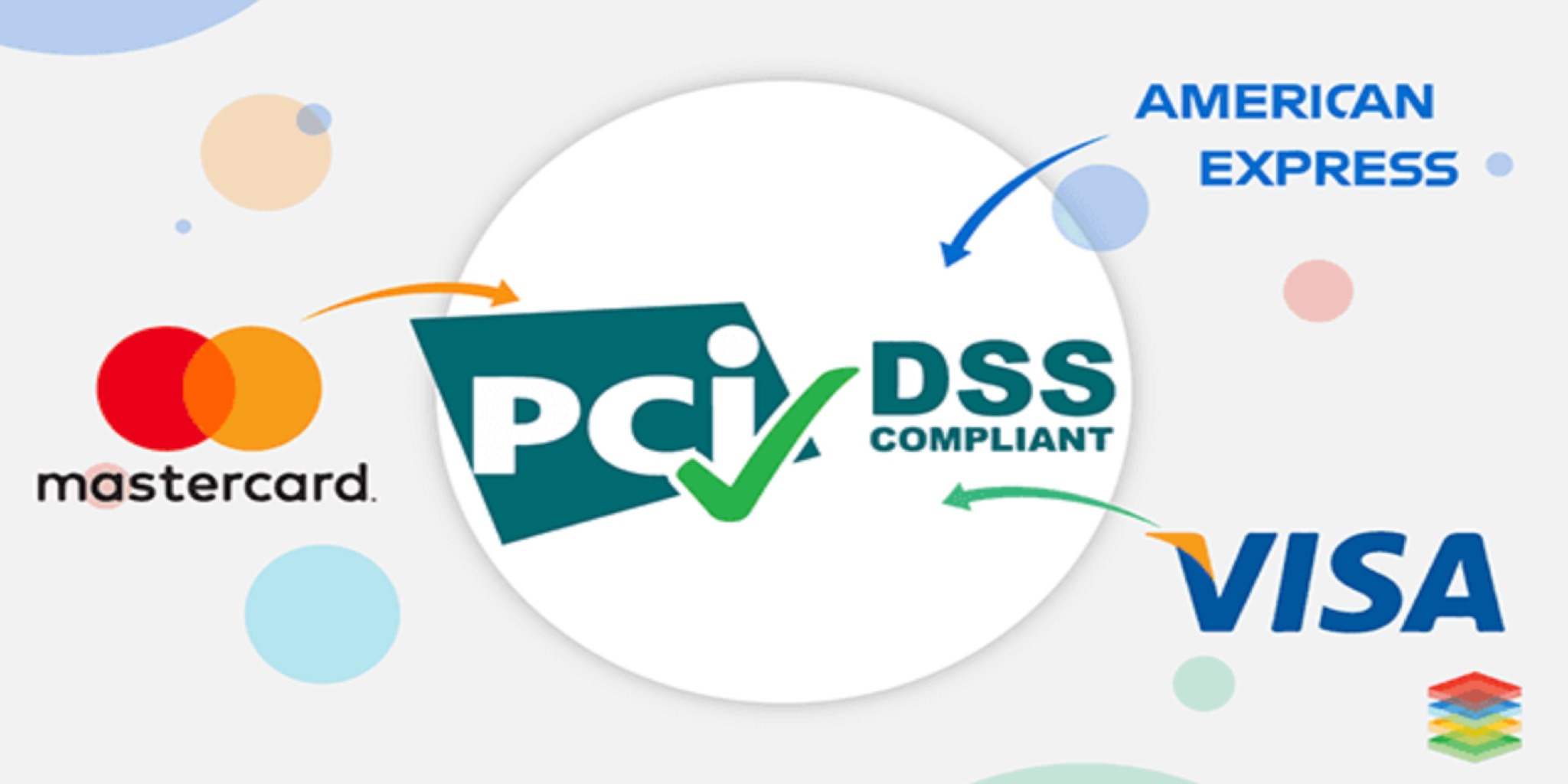10 Reasons Why Your Business Should Be PCI Compliant.
Much has changed in payment technology since the creation of the Payment Card Industry Security Standards Council. Consumer cards and the software to process them are more secure reducing the threat of a breach. However, merchants should still keep their businesses Payment Card Industry Data Security Standard (PCI DSS) compliant for several important reasons:
-
Processing Agreement Requirements: All processors have regulations that require businesses to protect customer payment card data. Failure to comply with these regulations can result in hefty fines, penalties, and possible damage to a business's reputation.
-
Liability Reduction: PCI compliance helps reduce a merchant's liability in the event of a data breach or security incident. Non-compliant businesses may be held financially responsible for fraudulent transactions and the costs associated with a data breach.
-
Customer Trust and Reputation: Customers are more likely to trust businesses that take their data security seriously. Being PCI compliant demonstrates a commitment to safeguarding customer information, which can enhance a company's reputation and customer loyalty.
-
Data Security: PCI DSS provides a comprehensive framework for securing payment card data. Compliance measures such as encryption, access controls, and regular security testing help protect against data breaches and unauthorized access.
-
Risk Mitigation: Compliance helps identify vulnerabilities and weaknesses in a merchant's payment card processing systems, allowing them to proactively address security issues and reduce the risk of data breaches.
-
Business Continuity: A data breach can be extremely costly and disruptive to a business. PCI compliance measures can help prevent or minimize the impact of a breach, ensuring business continuity and minimizing financial losses.
-
Partner Requirements: Many payment card companies and financial institutions require their partners and vendors to be PCI compliant. Non-compliance can include additional fees, lead to the termination of business relationships, and a loss of revenue.
-
Competitive Advantage: Being PCI compliant can give businesses a competitive advantage by demonstrating a commitment to security and attracting security-conscious customers. It can also open up opportunities for partnerships with larger organizations.
-
Cost Savings: Implementing PCI compliance measures can lead to cost savings now and in the long run. Processors charge anywhere from $25 to $125 per month for non-compliance. Check your statement for the fees you are paying. Also, by preventing data breaches and associated costs, such as fines, legal fees, and customer restitution, businesses can save money over time.
-
Industry Standards: PCI DSS is an industry-standard framework for protecting payment card data. Compliance helps align a business with best practices and security standards recognized globally.
Maintaining PCI compliance is crucial for protecting customer data, avoiding legal consequences, maintaining trust, reducing financial risks, and ensuring the long-term viability and success of a merchant's business. Contact us if you need consulting establishing or maintaining your company's PCI compliance.

